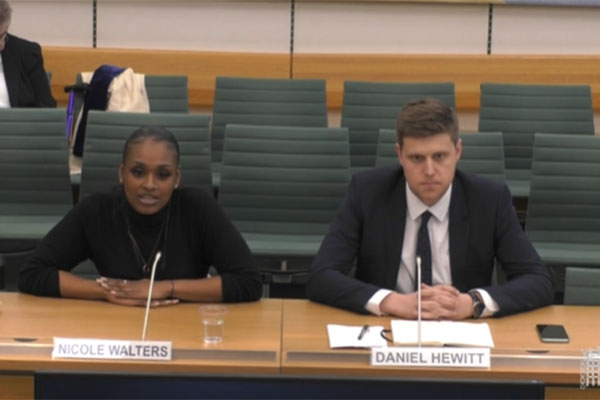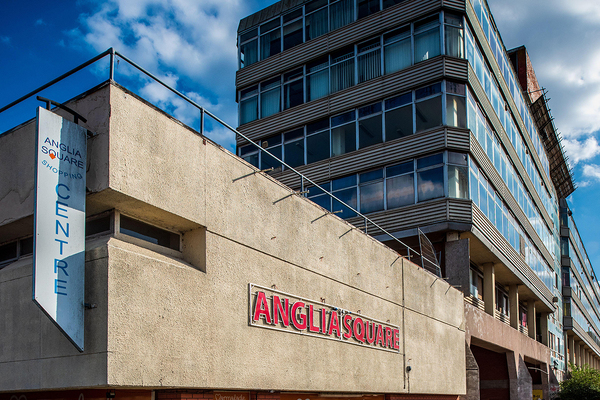You are viewing 1 of your 1 free articles
Revealed: Housing Ombudsman fails to determine 42% of cases within target time
The Housing Ombudsman failed to determine 42% of residents’ complaints within its target time in the months September 2021 and April 2022, Inside Housing can reveal.
Figures obtained through the Freedom of Information process show that in just under one in two cases during the period, the social housing standards watchdog was not meeting the 4.6 to 4.9-month target.
The figures for this period come after similar performance in previous years. The watchdog failed to determine 47% of cases in the 12 months up to September 2021, and 52% of cases in the 12 months up to September 2020.
However, this year the watchdog is facing unprecedented demand for its services, with the number of cases for just the first seven months of the year hitting 2,480. This compares to 3,079 for the full 12 months between September 2020 and August 2021, and 2,079 cases during the same period in 2019-20.
Inside Housing has measured the year from September to September because the ombudsman was granted new powers – which included the ability to refer more cases to the regulator and to issue complaint-handling orders against poor-performing landlords – in September 2020.
The rising demand comes as the ombudsman is looking to expand its offering as part of the government’s social housing regulation reforms, with the body’s headcount growing by 52% in the 12 months before September 2021.
It comes after the ombudsman published its three-year corporate plan, which is focused on dealing with an “unprecedented increase in demand” for its service.
The ombudsman’s target time has reduced in recent years as the role of the ombudsman has increased, with the body expected to make determinations within six months back in 2019. However, this has now reduced to between 4.6 and 4.9 months.
The ombudsman said to Inside Housing that the target recorded in its business plan for 2021-22 was initially three to four months for determinations, but that due to a surge in demand, this target was deemed unachievable and it was increased to 4.6 to 4.9 months after consultation with the government.
As part of a new approach adopted at the start of April 2022, the ombudsman is no longer measuring itself against an average investigation time, and is instead measuring itself against a maximum time.
It says that this approach is “fairer and more transparent” and that it gives residents greater certainty about when to expect an investigation will be completed.
The ombudsman’s target for this year is to determine between 85% and 95% of cases within six months of entering its formal remit.
Housing ombudsman Richard Blakeway said: “We are focused on quality and timely investigations, and again reduced our average investigation time last year despite an unprecedented surge in casework.
“Investigation times have halved compared to six years ago, taking an average of 4.6 months in 2021-22 compared to 5.2 months the previous year and 5.8 months in 2019-20.
“We have also met our target for determining cases within 12 months during these years.”
Sign up for our asset management newsletter
Already have an account? Click here to manage your newsletters












